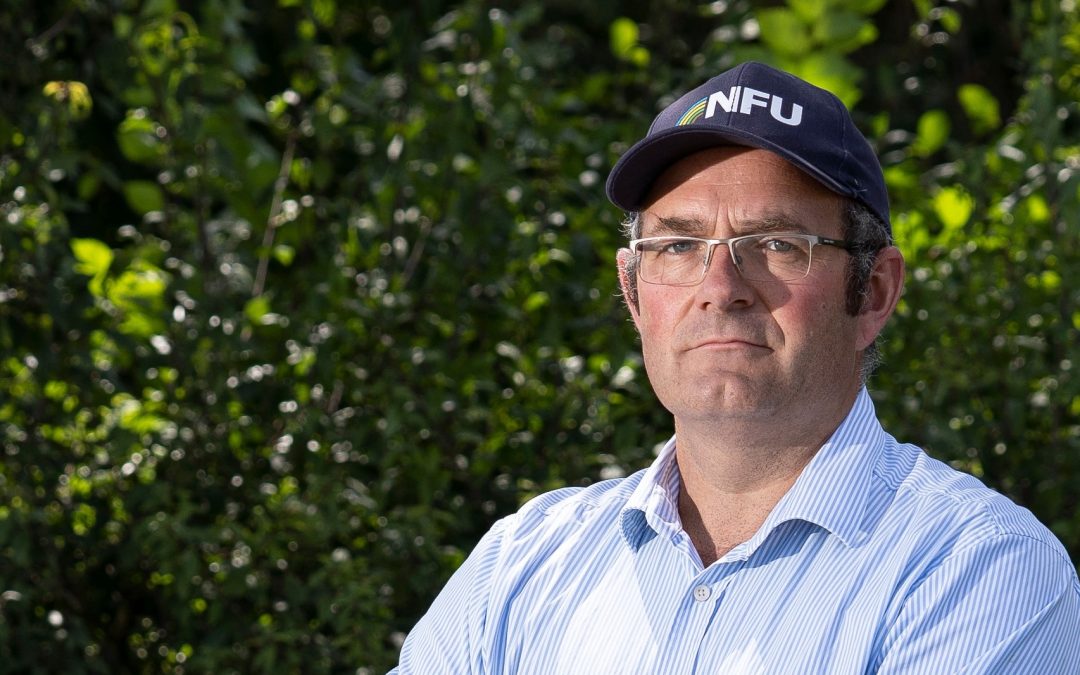The National Farmers’ Union (NFU) has responded to a survey from the Agriculture and Horticulture Development Board (AHDB) that suggests yields of crops are likely to be reduced in 2024 due to wet weather.
The AHDB survey revealed:
- Wheat was down 15% at 1.463 million hectares (biggest reduction in cropped areas since 2020)
- Oilseed rape was down 28% at 280,000 hectares (biggest reduction since 1980s)
- Winter barley was down 22% at 355,000 hectares (biggest reduction since 2020)
Commenting on the survey, NFU president Tom Bradshaw said: “Since the end of last year, farms across the country have faced continued wet weather with many thousands of acres of productive farmland affected.
“Many farms in areas such as Lincolnshire are still under water from last October, and we have heard countless desperate stories from our members who are struggling to get on to their fields to plant any crops.”
He said: “While it is difficult to mitigate against all environmental extremes, we must recognise that we haven’t been prioritising our water management and things are going drastically wrong.”
Costs rise with the increased need for imports
AHDB also stated that the UK would need to import more wheat in the coming year, with prices “already reflecting this”. It said condition of crops was a “huge focus”, and said that depending what happened in this year’s harvest, “the availability of straw could be reduced”, which it stated would spread the impact throughout the agricultural sector.
Bradshaw continued: “Not surprisingly, results from this AHDB survey paint a bleak picture and build on an unprecedented year in terms of high input costs, lower commodity prices and a reduction in direct payments.
“It is another example of how vulnerable British food producing businesses are and highlights the possibility of more crops being imported, potentially produces to standards that would be illegal here, all adding further to market volatility. That’s why domestic food production must be given the right policy framework and the priority it deserves.”
He said: “The NFU’s election manifesto sets out how more funding is urgently needed by the Environment Agency, so it can deliver a proactive plan of management and re-investment in the watercourses and flood defences it is responsible for.
“And crucially, our manifesto urges the next Government to commit to an agricultural budget that ensures British farming can meet the challenges of climate change and deliver on the Government’s own statutory commitments for the environment and net zero, while producing sustainable British food.”









